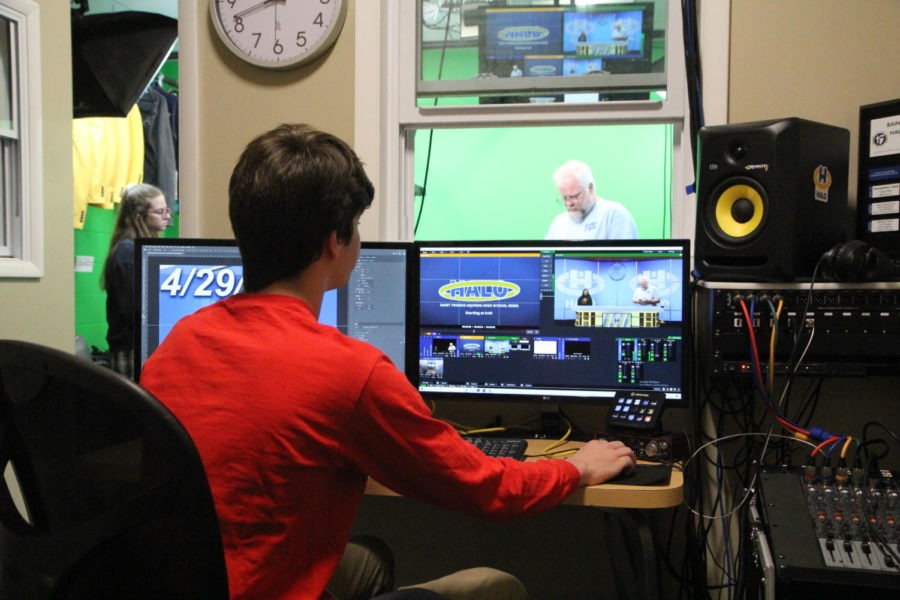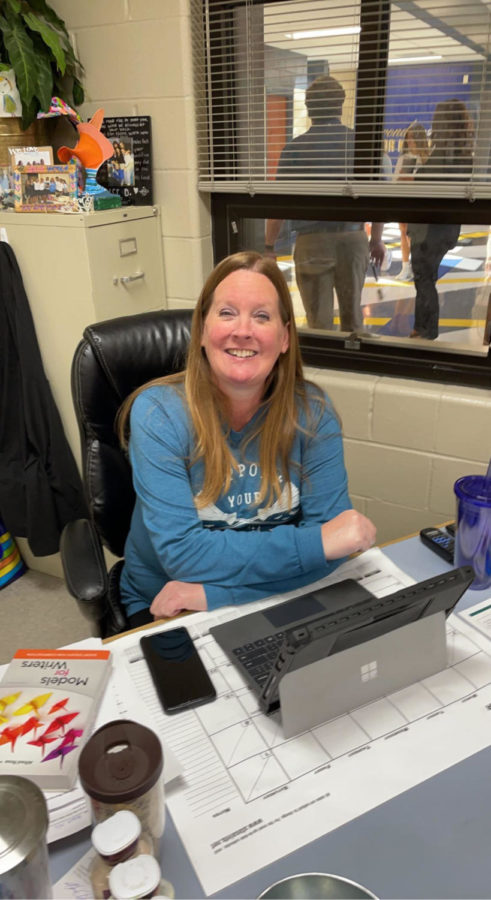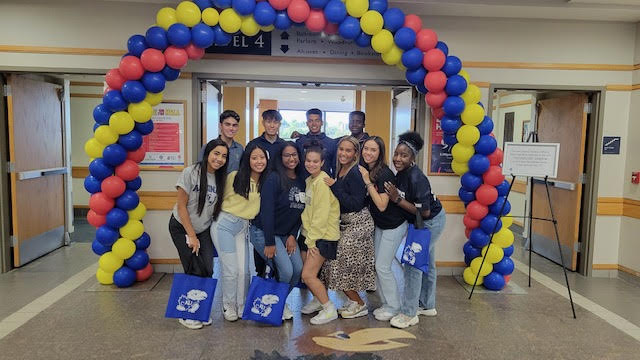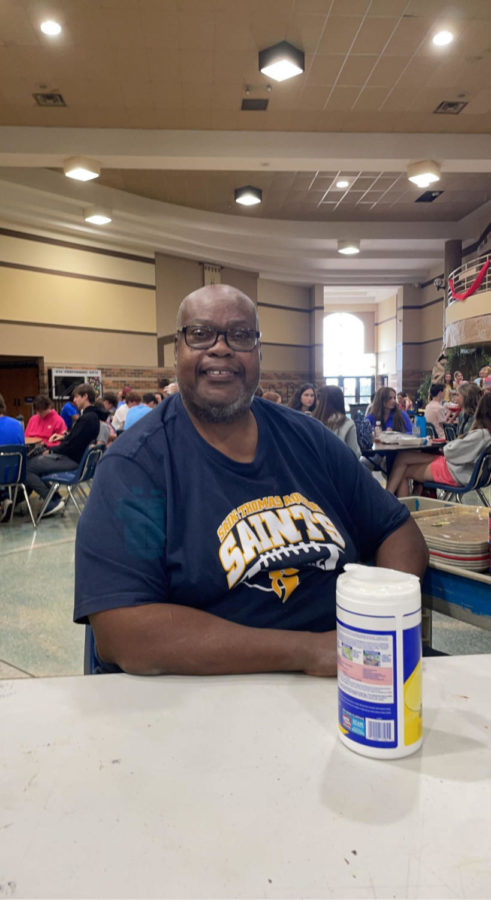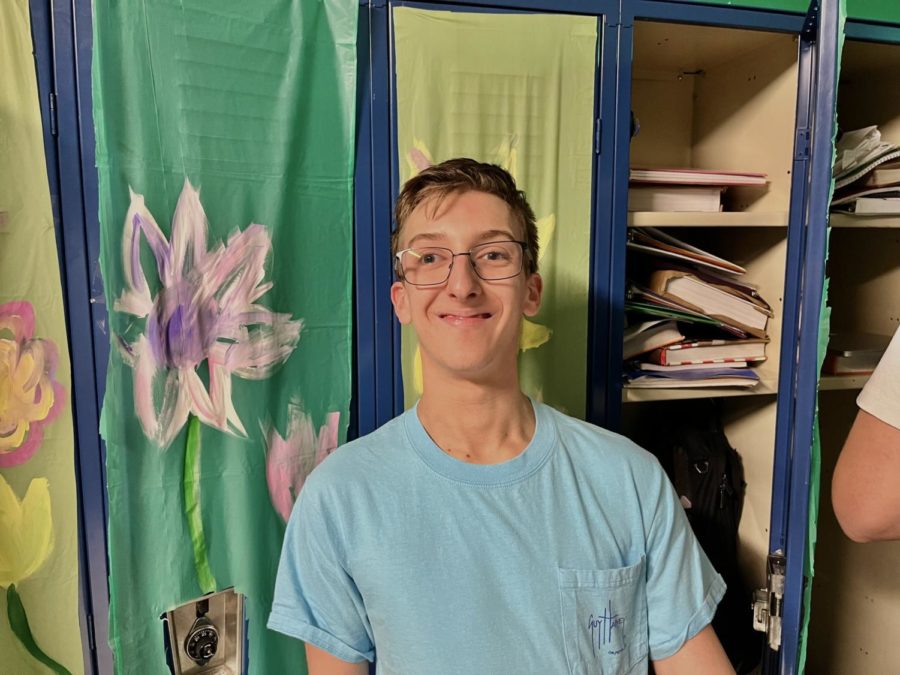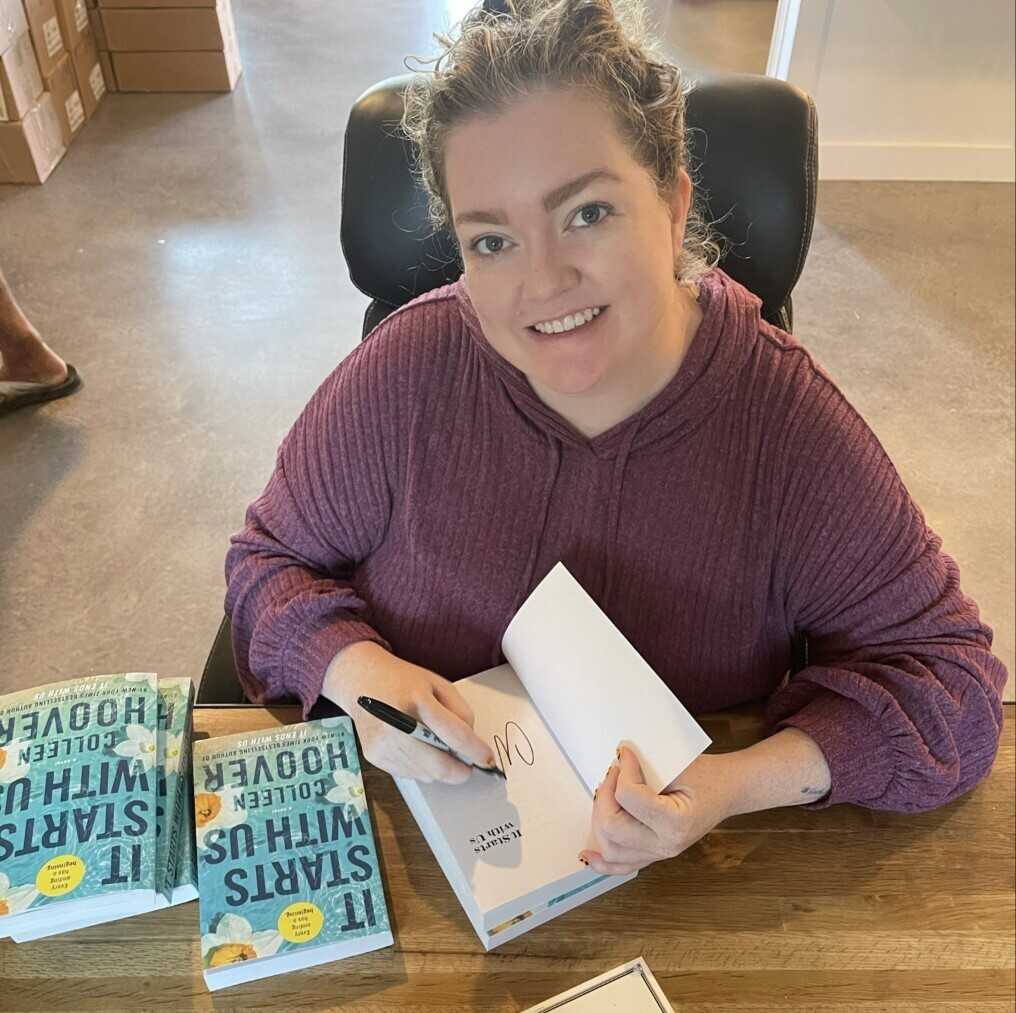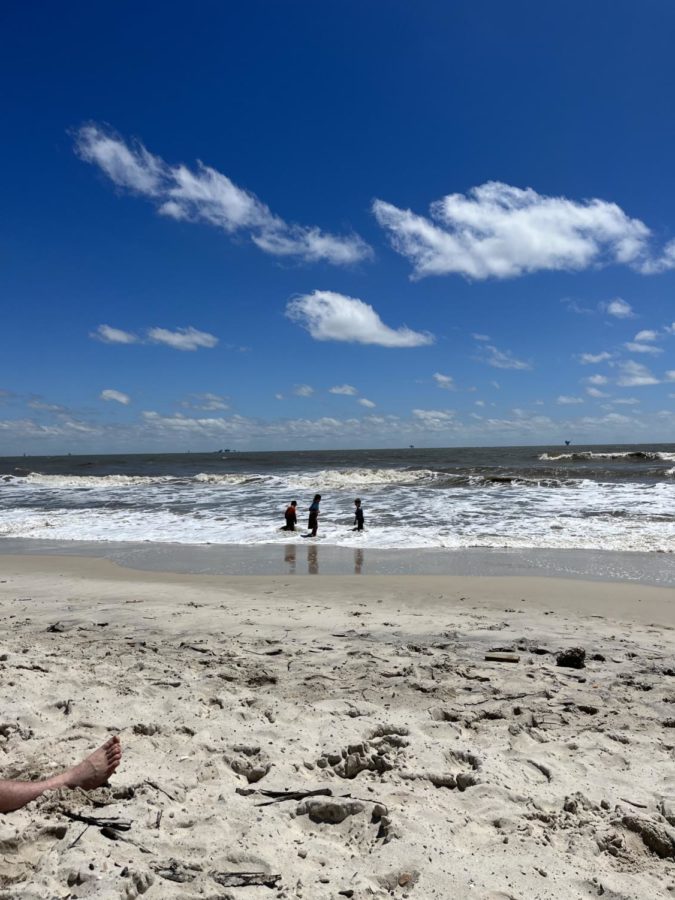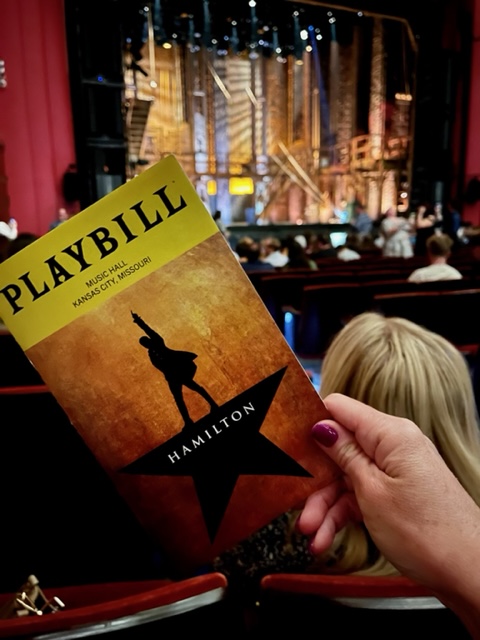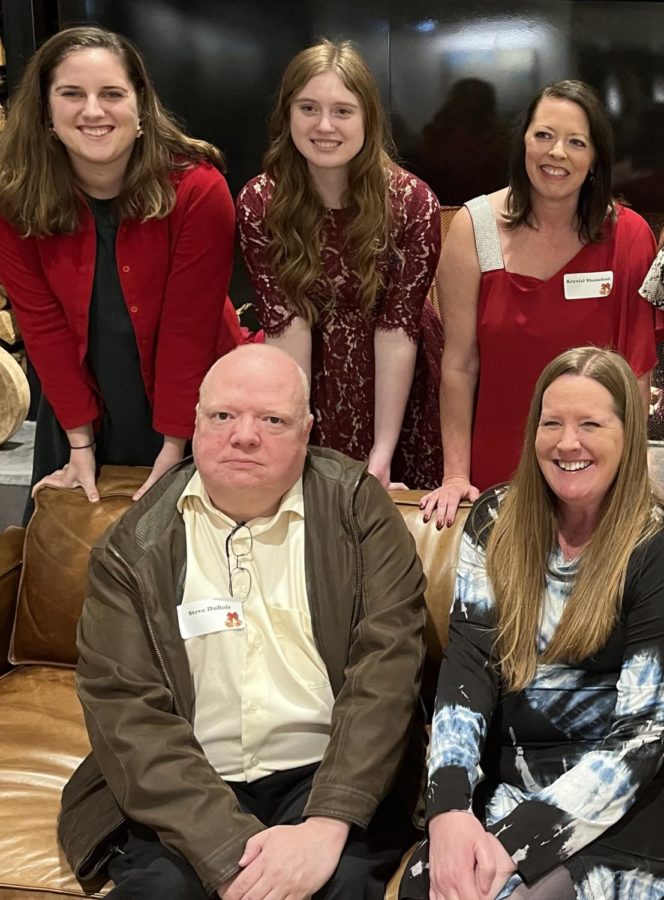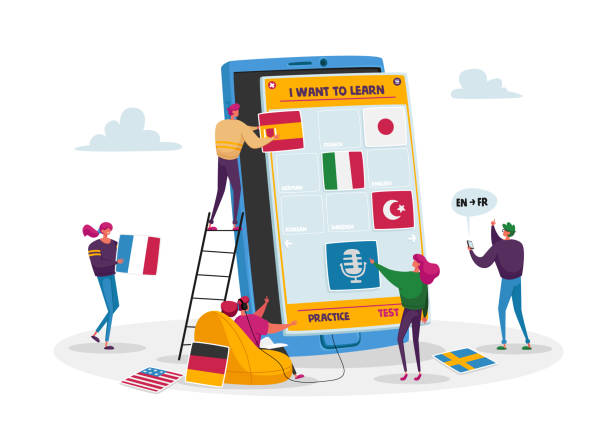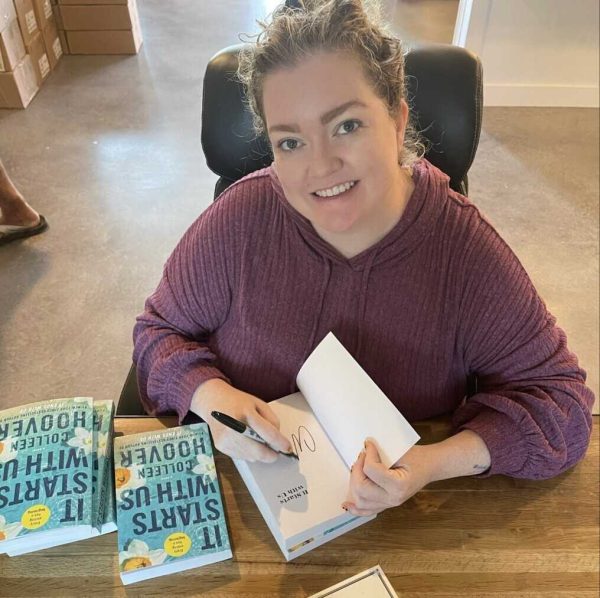Logistics of Learning a Language
Why you should and how you could!
Tiny Characters Learning Foreign Language Courses
April 27, 2023
Learning a whole new language can be intimidating, but it’s rewarding all the same. Swiftly switching dialects, casually connecting yourself with a new world – it’s all a skill taken for granted while also not being taken enough advantage of when the resources are there. The benefits extend even beyond connection with others, they’ll help you in your day-to-day life, too.
According to Middlebury Language Schools, the ability to memorize and multitask improves; “the more you use your brain to learn new skills, the more your brain’s functions work.” Training yourself to not only learn new vocabulary but also how to structure a conversation, requires a great deal of patience and critical thinking. Making these on-the-spot connections and being able to easily switch back and forth between two ways of talking is a form of multitasking, further improving your brain’s ability to multitask in other areas.
Often, learners begin their journey because it’s a job or school requirement, so why should you do it if that’s not a necessity for you? This past year, I noticed how much time I was spending endlessly scrolling, like many people. Though I knew my schedule would soon only get busier and it was not a good time for me to start hobbies outside of home, work, or school, I still needed something new to preoccupy myself with, and I chose to learn a new language. Since saving more of my screen time for learning, I’ve felt more accomplished without being overwhelmed or behind in other responsibilities. Learning on your own terms doesn’t restrict you to strict class times and extensive amounts of homework; you’re only restricted by your willingness to learn.
Certain languages are easier to learn depending on your base language. Native English speakers, for example, may find Norwegian or Spanish simpler to learn than Mandarin or Arabic. Spanish is a common language for many Americans to learn, as it is the second most spoken language in the United States.
Apps like Duolingo will teach you the basics of a language, but their algorithm makes the process feel almost more like a game. The application is free, but it does provide a subscription option. The subscription offer, however, only provides you with more methods of practicing and more time to do it, but you will still be on the same course with or without putting money forward.
If you are looking for a more realistic (but still rewarding) way of learning, Babbel has been a great tool for many learners, including myself. The app is free to download, but there is no “free” course aside from the first lesson of each language course. Once you’ve paid your subscription, there’s a neatly structured lesson plan ready and waiting for you, along with a few games and digital magazines on the side. As you get further into the lessons, there are even some cultural facts shared in addition to language learning. Babbel uses a tested memory system to help you review and keep track of where the words and phrases you have learned are when it comes to long-term memorization. After all language lessons are completed, an expanded vocabulary of thousands of words is prepared to help you further expand your own knowledge.
Listening to podcasts and music, reading books and short stories, and watching shows, YouTube videos, and movies in your chosen language is a great way to strengthen your skills. Not only are they entertaining and generally more gripping than the fill-in-the-blank motions of planned courses, but they also give you a chance to hear how native speakers actually talk and sound in conversation. There are many short stories and blogs that can be found online at no cost, and you may find them categorized by difficulty level so as to not overwhelm yourself.
So, if you’re ready to start this journey, have some fun. Remember your vocab, and remember that you’re on your way to learning about much more than a language – you’re immersing yourself in a new culture.








